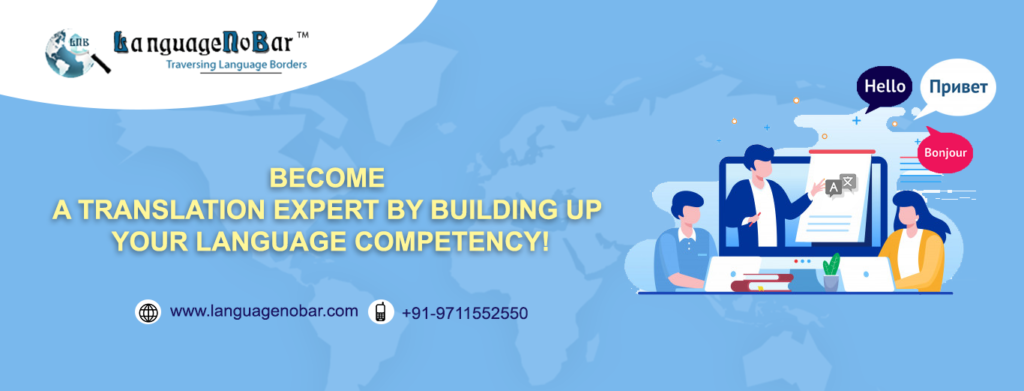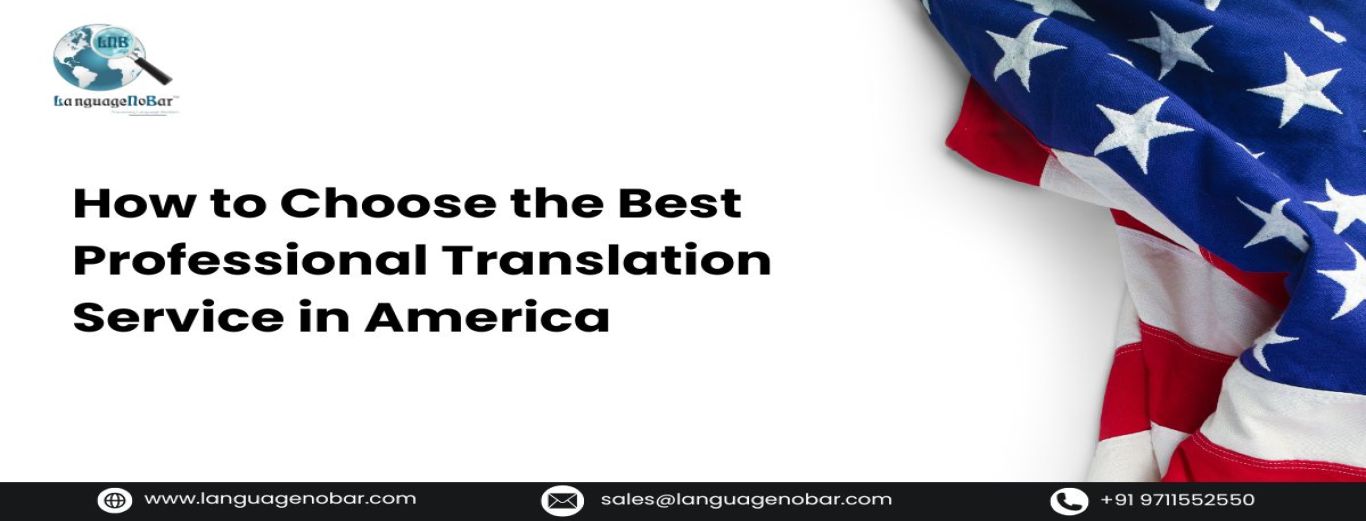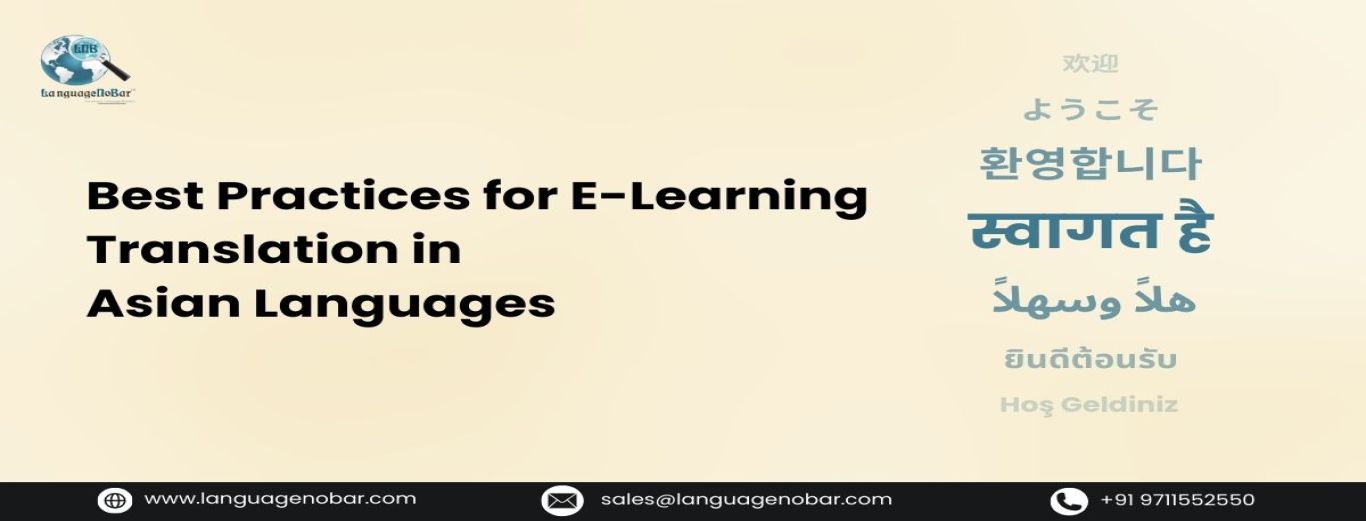Boost your translation competency to become an expert translator
- Translation Services
- Comments (0)
Linguistic communication and competence is crucial when carrying out any business overseas. Language translation is a vital element in today’s globalized world as it allows people from all corners of the world to be linked, to share information and to create new connections. And translators are nowadays available in almost all the languages in the world offering translation services across different sectors.
As languages are complex and every culture is ripe with its own rendition of the same text, translation is more than just converting a text from one language to another. Due to the subtle nuances of grammar and the ease with which context meanings can be lost, translations that are contextual and culturally relevant have become important to relay the intended message correctly. A large amount of concentration and expertise goes into making a translated text flow as smoothly as the original text and as terminologies are constantly evolving, it is always necessary to hire a professional translation company to obtain accurate translations.

Translators enhance communication by conveying information accurately from one language to another in different countries across the world and if you plan your development as a professional translator, here are few competencies that you must develop for constant career growth:
Honing the specialist area
Whereas translation covers innumerable domains, translators often commit themselves to a specialization like providing medical or pharmaceutical translation services. A particular field of study helps to improve their credentials for clients looking to translate material within that field.
As a translator you must be a specialist in at least one particular area of expertise. Specialist knowledge is acquired by studying one or more language/s and combining this with a degree in a specialist area like economics, business, engineering, politics, finance, etc. The list may include knowledge of specialist terminology in more than one language, knowledge of procedures and familiarity with the idiosyncrasies of this specific line of business, technology, science or industry. You can also become familiar with foreign rules and business practices to expand your horizon.
Also, try not to limit your knowledge to that particular field and constantly involve yourself in the latest trends, changes and discovery in the field of your specialization. Having a comprehensive knowledge of the languages and the industry can really help you to boost your career as a translator.
Extensive Knowledge of the cultures
A translator must enjoy writing, experimenting with words and must have the linguist acrobatics that knows the nuances of various cultures. The ability to transfer style, tone and cultural elements accurately from one language to another requires appropriate language qualification, and the expertise to assess the purpose of the text and the social setting. To improve/acquire cultural competence some translators prefer to visit or live in the second language country to understand their customs and traditions better.
Other possibilities to improve cultural competence include: actively watching foreign language dramas and movies; listening to radio stations in your second language; studying online foreign language content and reading the literature of the relevant country.
Knowledge of CAT Tools
As a translator, it’s essential you familiarize yourself with Computer Aided Translation Tools to improve your translation speed and quality. They also help ensure consistency prevails across the board. These tools help to avoid instances of skipped lines or words, repetitive phrases or word-collectives and if multiple translators are working on a project, the tools ensure they’re all working off from a standard vocabulary-set. There is a wide availability of CAT tools in the market, including SDL Trados, Fluency Now, MemoQ, etc. Factors like the price-level you’re comfortable with, client requirements and file formats you’re working with will have a bearing on your eventual choice, but having them in your translations will help to improve the quality and overall productivity.
Online Courses and Independent Learning
An interesting way to increase your competency is to take up online courses provided by many online platforms. These are organized by reputable universities from around the world and some are even available free of charge. Also, it is always a good practice to keep a tab on the recent developments in the area of specialization by regularly checking out the news in all sorts of media, both in your source and target languages. Try to inculcate multiple sources to make sure the data you are collecting is credible and up to date. Continuous learning is a must for providing any type of document translation services.
Thus, providing good translations is a matter of technical skills, vocabulary, and cultural knowledge. LanguageNoBar is a professional translation company that has a network of 10000+ native and subject-expert translators, who provide translations in more than 150 languages at a rapid turnaround time. Our quality policy, efficient work methodology and specialized translators and Project Management team ensure that you receive the highest quality translations at affordable prices.
In order to be the best professional you can be, and stand out from the rest, you must educate and discipline yourself regarding all kinds of abilities.Hence, as a translator, you must grow, develop and continuously build on your abilities, so as to remain adept at your craft.
Related Blogs:
5 Popular Languages To Translate Your Online Marketing Campaigns3 reasons why mother tongue translators can offer you exceptional translation qualityTake your Business to International Borders through professional translation services






